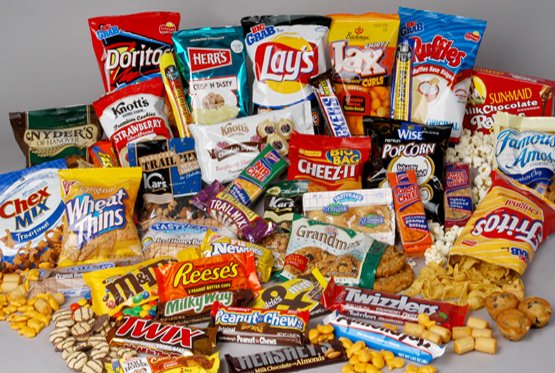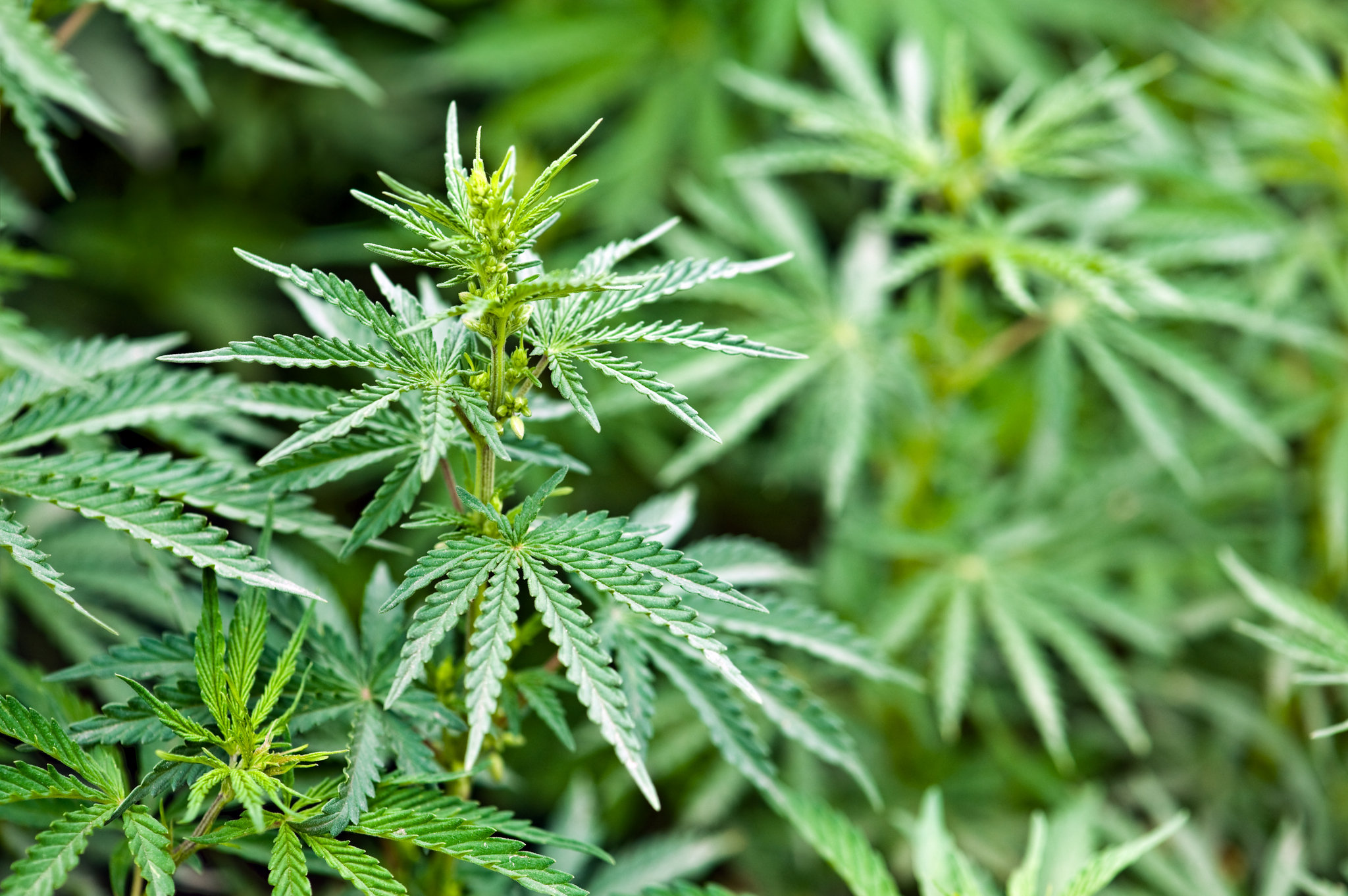Health News – So have you ever smoked that big bowl and then thought to yourself a peanut butter cup and a glass of milk sounds really good right now? There way be a reason for that.
 It may be the most notorious side-effect of smoking dope — that sudden urge to eat anything and everything in the house. It starts with corn chips but takes you all the way through the stale cornflakes in the very back of the last kitchen cabinet.
It may be the most notorious side-effect of smoking dope — that sudden urge to eat anything and everything in the house. It starts with corn chips but takes you all the way through the stale cornflakes in the very back of the last kitchen cabinet.
Now, scientists think they may have a handle on just why marijuana gives people the munchies. And the discovery may help pave the way for designing better obesity drugs, because it might help explain why so many of us eat even when we are not hungry.
Chemicals called cannabinoids in marijuana appear to make brain cells switch their normal functions, Tamas Horvath of Yale University and colleagues report in the journal Nature. They ran their tests in mice, but the brain system works similarly in humans.
Specifically, cannabinoids activate a group of brain cells called pro-opiomelanocortin (POMC) neurons. They are found in the hypothalamus and regulate appetite.
“It fools the brain’s central feeding system,” Horvath said in a statement. “We were surprised to find that the neurons we thought were responsible for shutting down eating were suddenly being activated and promoting hunger, even when you are full.”
It turns out that the cannabinoids were not simply acting directly on the POMC cells. They were also activating neighboring neurons that are supposed to shut down those cells.
“Together, these results uncover a previously unsuspected role of POMC neurons in the promotion of feeding by cannabinoids,” the researchers wrote.
Specifically, cannabinoids activate a group of brain cells called pro-opiomelanocortin (POMC) neurons. They are found in the hypothalamus and regulate appetite.
“It fools the brain’s central feeding system,” Horvath said in a statement. “We were surprised to find that the neurons we thought were responsible for shutting down eating were suddenly being activated and promoting hunger, even when you are full.”
It turns out that the cannabinoids were not simply acting directly on the POMC cells. They were also activating neighboring neurons that are supposed to shut down those cells.
“Together, these results uncover a previously unsuspected role of POMC neurons in the promotion of feeding by cannabinoids,” the researchers wrote.
By Maggie Fox, NBCNews.com

